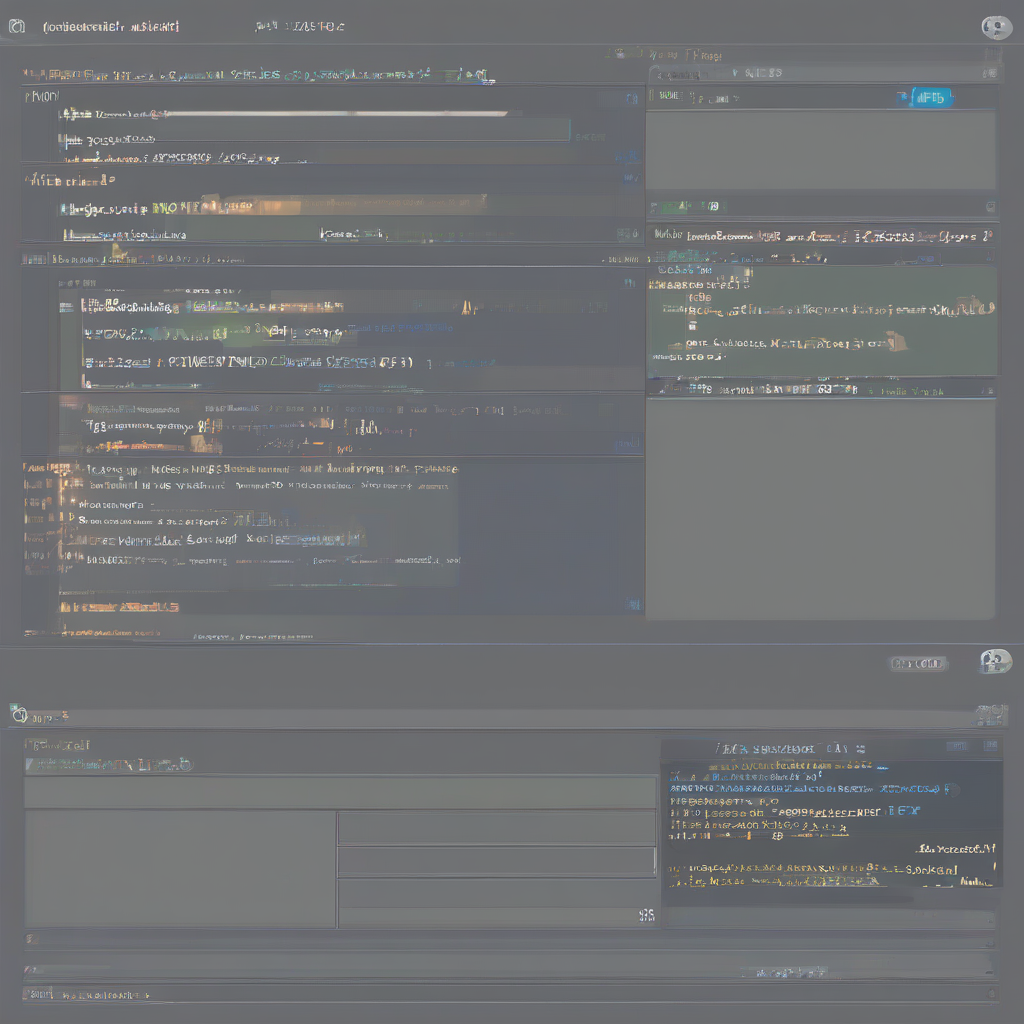
Gas Line Contractor: A Comprehensive Guide to Selection, Services, and Safety
Finding a reliable and qualified gas line contractor is crucial for ensuring the safety and efficiency of your gas appliances. This comprehensive guide explores the various aspects of selecting, working with, and understanding the services offered by gas line contractors.
Understanding Gas Line Services
- New Gas Line Installation: This involves the complete installation of a new gas line from the main gas supply to your appliances, including the necessary permits and inspections.
- Gas Line Repair: Addressing leaks, cracks, or other damages to existing gas lines. This requires specialized knowledge and equipment to ensure safe repair and prevent potential hazards.
- Gas Appliance Connection: Connecting new or existing gas appliances, such as stoves, furnaces, water heaters, fireplaces, and grills, to the gas supply. This involves proper sizing of lines and ensuring secure connections.
- Gas Line Relocation: Moving existing gas lines to accommodate renovations, new construction, or other changes to your property. This is a complex process that requires precise planning and execution.
- Gas Line Extension: Extending an existing gas line to reach new appliances or areas of your property. Proper sizing and safety precautions are vital during this process.
- Gas Line Inspection and Testing: Regular inspections and pressure testing are crucial for identifying potential leaks or weaknesses in your gas lines, preventing accidents and ensuring compliance with safety regulations.
- Gas Line Upgrades: Upgrading outdated or inefficient gas lines to improve performance and safety. This may involve replacing old materials with more modern and durable options.
Choosing the Right Gas Line Contractor
Selecting the right contractor is paramount. Consider these key factors:
- Licensing and Insurance: Verify that the contractor holds the necessary licenses and insurance to operate legally and protect you from liability in case of accidents or damages.
- Experience and Expertise: Look for contractors with extensive experience in gas line work and a proven track record of successful projects. Inquire about their experience with specific types of gas lines and appliances.
- References and Reviews: Request references from previous clients and check online reviews to assess the contractor’s reputation and the quality of their work. Look for patterns of positive and negative feedback.
- Safety Procedures: A reputable contractor will prioritize safety throughout the entire process. Inquire about their safety protocols, including the use of appropriate equipment and adherence to safety regulations.
- Warranty and Guarantees: Ask about the warranty offered on their work and materials. A good contractor will stand behind their work and offer a reasonable warranty period.
- Transparency and Communication: Choose a contractor who communicates clearly, answers your questions thoroughly, and provides transparent pricing and timelines.
- Permits and Inspections: Ensure that the contractor is responsible for obtaining the necessary permits and scheduling inspections to ensure compliance with local regulations.
- Pricing and Payment Terms: Obtain detailed estimates from multiple contractors before making a decision. Compare pricing, payment schedules, and payment methods.
Safety Precautions with Gas Lines
Gas lines pose inherent risks if not handled properly. Be aware of these safety measures:
- Detect Gas Leaks: Regularly check for gas leaks using a leak detector or by sniffing for the characteristic odor of natural gas (mercaptan). Never use a flame to detect a gas leak.
- Ventilation: Ensure adequate ventilation in areas where gas appliances are located to prevent the buildup of carbon monoxide.
- Emergency Procedures: Know what to do in case of a gas leak, including evacuating the premises and contacting emergency services immediately.
- Professional Help: Never attempt to repair or modify gas lines yourself. Always hire a qualified gas line contractor for any gas-related work.
- Carbon Monoxide Detectors: Install carbon monoxide detectors in your home to alert you to the presence of this dangerous, odorless gas.
- Regular Maintenance: Schedule regular maintenance of your gas appliances to ensure they are operating safely and efficiently.
Types of Gas Lines
- Black Iron Pipe: A traditional material, durable but susceptible to corrosion.
- Copper Tubing: A common choice, offering good corrosion resistance and flexibility.
- Corrugated Stainless Steel Tubing (CSST): A modern material known for its flexibility and resistance to corrosion. However, it requires specialized grounding techniques.
- Plastic Pipe (PEX): A relatively new material, often used for its flexibility and ease of installation. Not all types are suitable for gas lines.
Common Gas Line Problems
- Leaks: Gas leaks can be dangerous and require immediate attention. Signs include a hissing sound, the smell of gas, or a discoloration around the pipe.
- Clogged Lines: Debris or corrosion can clog gas lines, reducing gas flow to appliances.
- Corrosion: Over time, gas lines can corrode, weakening the pipe and increasing the risk of leaks.
- Improper Installation: Incorrect installation can lead to leaks, safety hazards, and inefficient operation.
Legal and Regulatory Compliance
Gas line work is subject to various local, state, and national regulations. Ensure your contractor is aware of and complies with all relevant codes and standards.
- Permits: Necessary permits must be obtained before any gas line work begins.
- Inspections: Inspections are conducted to ensure the work complies with safety standards.
- Codes and Standards: Gas line work must adhere to relevant building codes and industry standards.
Questions to Ask a Gas Line Contractor
- What licenses and certifications do you hold?
- How long have you been in business?
- Can you provide references and reviews?
- What safety procedures do you follow?
- What type of warranty do you offer?
- What is your process for obtaining permits and inspections?
- Can you explain the materials you will be using?
- What is your pricing structure and payment terms?
- What is your timeline for completing the project?
- What is your process for handling potential problems or delays?
The Importance of Preventative Maintenance
Regular maintenance is key to preventing costly repairs and ensuring the longevity of your gas lines and appliances.
- Annual Inspections: Schedule an annual inspection of your gas lines and appliances by a qualified professional.
- Cleaning: Regularly clean your gas appliances to prevent debris buildup.
- Leak Detection: Regularly check for gas leaks.


